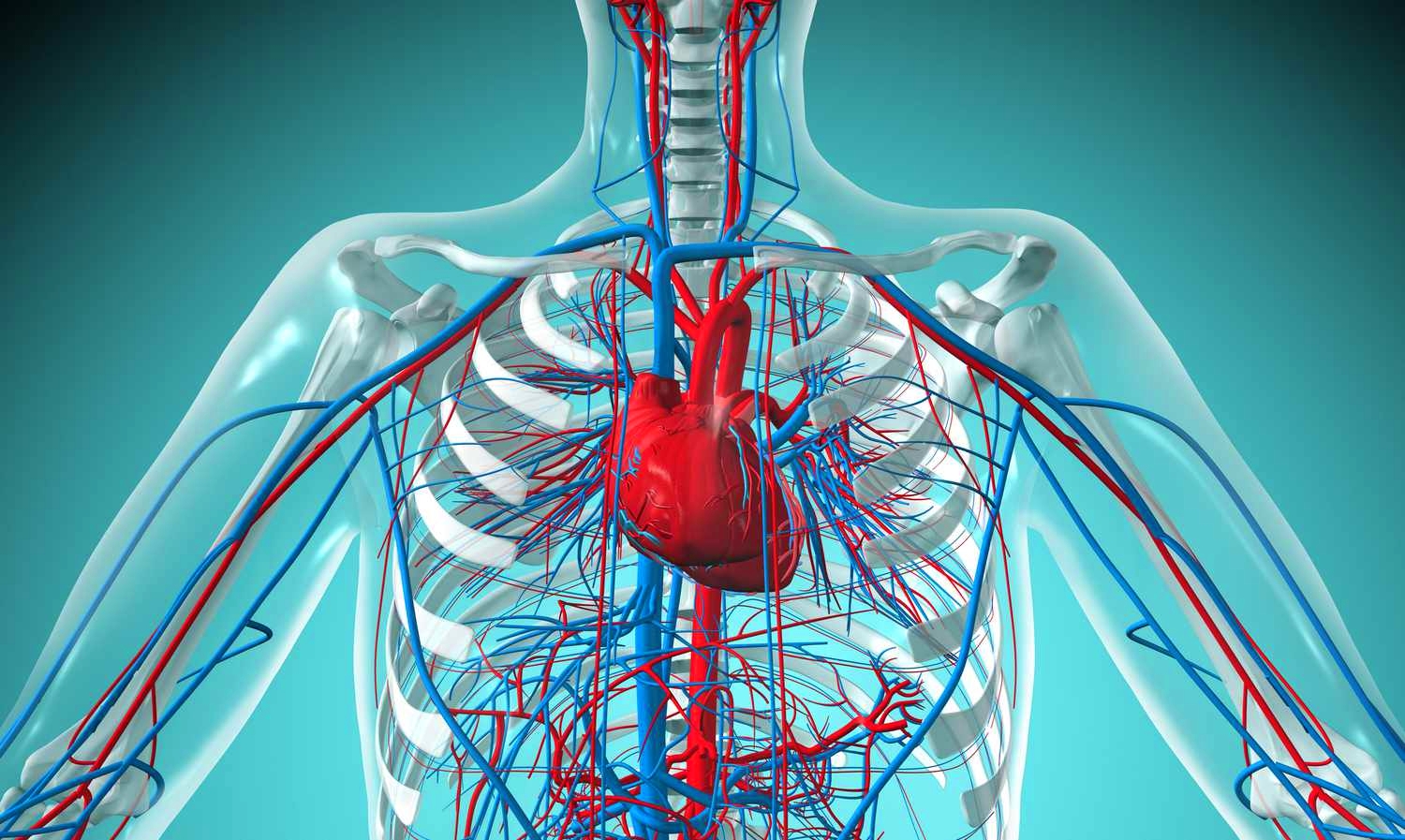News Flash

By Mah Alam
JAHANGIRNAGAR UNIVERSITY, Oct 25, 2025 (BSS) - A recent study has introduced a novel nanomaterial capable of delivering cardiovascular medicine like felodipine more efficiently, offering renewed hope for heart patients.
Published in the Nanoscale journal of the Royal Society of Chemistry, the research highlights a gallium nitride-based material, called GaNF, that can securely carry and release felodipine inside the human body.
Felodipine is widely used to treat high blood pressure and other cardiovascular diseases.
The research team included Prof. Md. Kabir Uddin Sikder from the Department of Physics, Jahangirnagar University; Aoly Ur Rahman from the Department of Nanomaterials and Ceramic Engineering, Bangladesh University of Engineering and Technology (BUET); Md. Kazi Rokunuzzaman from The Ohio State University, USA; D.M. Saaduzzaman from Rensselaer Polytechnic Institute, USA; Mohammad Sadiqur Rahman from Dhaka University of Engineering and Technology (DUET); Muzzakkir Amin from the University of California, USA and Syed Mahedi Hasan from the Florida Institute of Technology.
The researchers used advanced computer simulations to compare three nanomaterials - boron nitride, aluminium nitride, and gallium nitride - to determine which could carry felodipine most effectively.
The study found that gallium nitride fullerene (GaNF) formed the strongest and most stable bond with the drug, enabling controlled release and enhanced treatment efficiency.
The research also revealed that GaNF responds well to near-infrared light, which can penetrate human tissue, allowing real-time tracking of drug movement within the body.
"Our study shows that GaNF can be a powerful and stable nanocarrier for cardiovascular medicines like felodipine," said corresponding author Aoly Ur Rahman.
He added that the material's biocompatibility and non-toxic nature ensure safe and controlled drug delivery, reducing side effects while offering potential for both superficial and deep-tissue therapies.
He expressed hope that the findings could pave the way for safer and more targeted drug delivery systems in the future.
The research was supported by the Biophysics Laboratory of Jahangirnagar University under the supervision of Prof. Dr. Md. Kabir Uddin Sikder.